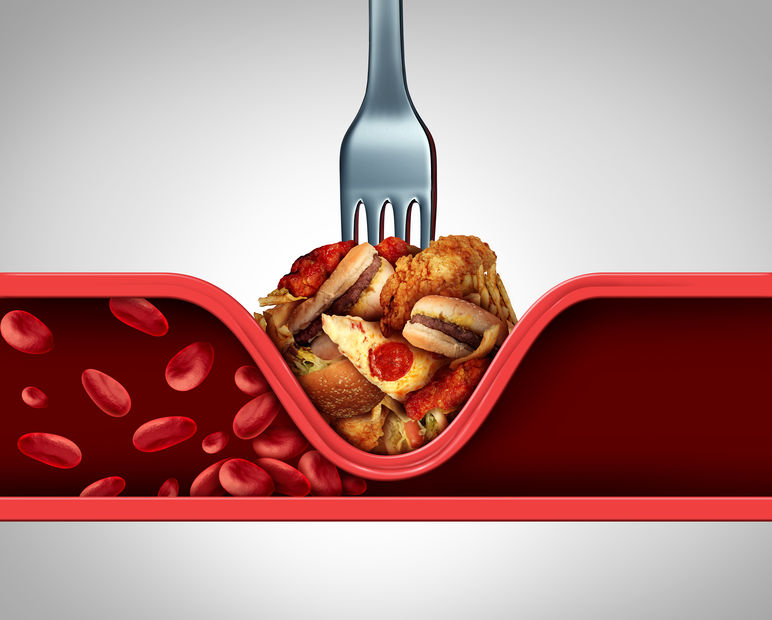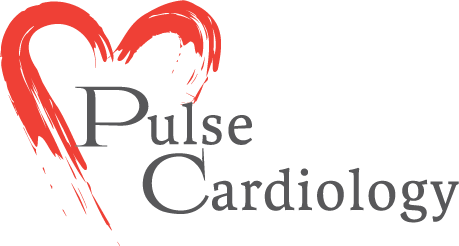What is Heart Disease and its Causes?
The heart and by extension, the cardiovascular system is one of the most important system in the human body. Why is it that important? Simply because any malfunction in the heart can cause long-term complications for anyone and may even be lethal. To be concise, even a minor alteration to the heart’s normal function can lead to heart disease.

What is Heart Disease?
There might be a long list of factors that can eventually be termed as heart diseases. The most common conditions include diseased or strained blood vessels that cannot conduct blood flow as efficiently as healthy blood vessels can. Improper flow of blood deprives the body and its organs of receiving nutrients and oxygen. Over time, this can lead to failing organs and a general feeling of sickness and tiredness. If blood vessels keep getting clogged or diseased, the blood pressure starts building up. Fatal occurrences might include a blood vessel rupturing in sensitive areas like the brain, spinal column, lungs or even near the heart. Consider that like a mini-explosion happening inside your body. One such explosion near or in the brain is enough to sometimes kill, paralyze or fully incapacitate a person.
Types of Heart Diseases
Cardiac arrests cause a sudden and unexpected loss of heart function, respiration, and consciousness. Mostly, one instance of such an event is enough to put people on high alert. Gradual progress might result in congestive heart failure, where the heart muscles are so weak; they can’t pump enough blood to each part of the body.
Arrhythmia is a case where the heartbeat is irregular, either too fast or too slow and thus causes excessive fatigue, sleeplessness or general tiredness. Peripheral Artery Disease is an early sign of more severe heart diseases if proper precautions are not taken into account. However, only a small percentage of people born are affected by Congenital Heart Disease (CHD). Congenital Heart Disease is described when a person experiences heart defects right from birth. Although it is mostly said that Coronary Heart Disease happens due to genetic disorders, researchers have found that even alcohol use, drug abuse or certain medications preceding and during pregnancy can cause a child to be born with heart defects.
Causes for developing Heart Disease
Most heart diseases are often related to lifestyle habits. A sedentary lifestyle with excessive fatty, sugary and greasy food consumption can greatly increase the risk of having heart disease. Regular and heavy alcohol and tobacco consumption can eventually clog up or deteriorate blood vessels enough to the point that heart disease is unavoidable. In addition, certain psychoactive drugs can prove lethal in this sense to some people who are borderline healthy.
However, a healthy lifestyle, a light workout routine, regular sleep cycles, and freshly prepared food can go a long way in making sure the heart and blood vessels stay as healthy as they can.
